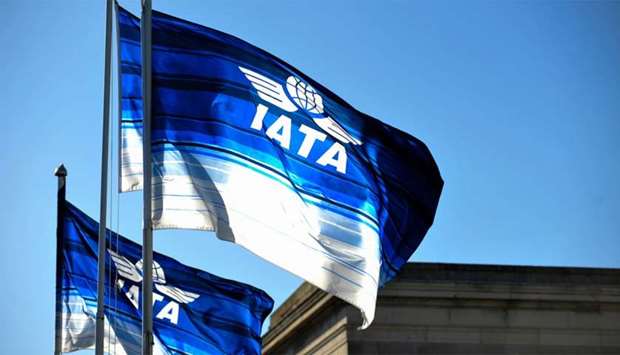The International Air Transport Association (IATA) released public opinion research showing the willingness to travel being tempered by concerns over the risks of catching Covid-19 during air travel. The industry’s re-start plans address passenger’s main concerns.
Concerns for travel During Covid-19: Travellers are taking precautions to protect themselves from Covid-19 with 77% saying that they are washing their hands more frequently, 71% avoiding large meetings and 67% having worn a facemask in public.
Some 58% of those surveyed said that they have avoided air travel, with 33% suggesting that they will avoid travel in future as a continued measure to reduce the risk of catching Covid-19. When asked to rank the top three measures that would make them feel safer, 37% cited Covid-19 screening at departure airports, 34% agreed with mandatory wearing of facemasks and 33% noted social distancing measures on aircraft.
The survey also pointed to some key issues in restoring confidence where the industry will need to communicate the facts more effectively.
Travellers’ top on board concerns include cabin air quality and social distancing.
Cabin air quality: Travelers have not made up their minds about cabin air quality. While 57% of travelers believed that air quality is dangerous, 55% also responded that they understood that it was as clean as the air in a hospital operating theatre. The quality of air in modern aircraft is, in fact, far better than most other enclosed environments. It is exchanged with fresh air every two to three minutes, whereas the air in most office buildings is exchanged two to three times per hour.
Moreover, High Efficiency Particulate Air (HEPA) filters capture well over 99.999% of germs, including the Coronavirus.
Social distancing: Governments advise to wear a mask (or face covering) when social distancing is not possible, as is the case with public transport. This aligns with the expert ICAO Take-off guidance.
Additionally, while passengers are sitting in close proximity on board, the cabin air flow is from ceiling to floor. This limits the potential spread of viruses or germs backwards or forwards in the cabin. There are several other natural barriers to the transmission of the virus on board, including the forward orientation of passengers (limiting face-to-face interaction), seatbacks that limit transmission from row-to-row, and the limited movement of passengers in the cabin.
There is no requirement for social distancing measures on board the aircraft from highly respected aviation authorities such as the US Federal Aviation Administration, the European Union Aviation Safety Agency or ICAO.
IATA’s Director General and CEO Alexandre de Juniac said, “People are clearly concerned about Covid-19 when traveling. But they are also reassured by the practical measures being introduced by governments and the industry under the take-off guidance developed by the International Civil Aviation Organisation (ICAO). These include mask-wearing, the introduction of contactless technology in travel processes and screening measures. This tells us that we are on the right track to restoring confidence in travel. But it will take time. To have maximum effect, it is critical that governments deploy these measures globally.
“It is no secret that passengers have concerns about the risk of transmission onboard. They should be reassured by the many built-in anti-virus features of the air flow system and forward-facing seating arrangements. On top of this, screening before flight and facial coverings are among the extra layers of protection that are being implemented by industry and governments on the advice of ICAO and the World Health Organisation. No environment is risk free, but few environments are as controlled as the aircraft cabin. And we need to make sure that travelers understand that,” said de Juniac.


